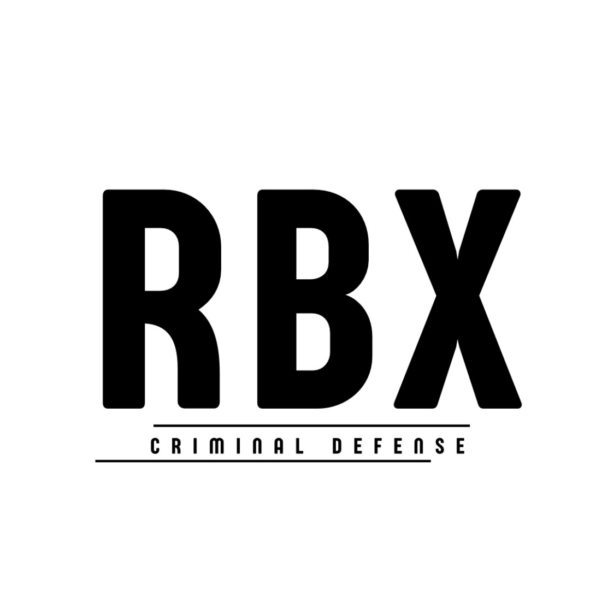What is a DUI Lawyer?
A DUI Lawyer is a criminal defense attorney who has experience in defending against driving under the influence charges.
What is a DUI?
A “DUI” is operating a motor vehicle with a blood alcohol content that is over the legal limit, or while “under the influence” of alcohol, drugs, or both.
Blood Alcohol Content (BAC) %
It is illegal to operate a motor vehicle with a blood alcohol concentration (“BAC”) of:
- 0.08% or higher― 21 years old or older operating a regular passenger vehicle;
- 0.04% or higher―operating a commercial vehicle;
- 0.01% or higher―younger than 21 years old.
“Under the Influence”
Under the influence means that one’s mental or physical abilities are so impaired that they are no longer able to drive a vehicle with the caution of a sober person, using ordinary care, under similar circumstances.
DUI Penalties
The punishments for a DUI include a suspended driver’s license, at least $1,500 in fines, 3 years of probation, a mark on your DMV and criminal records, at least 3 months of classes, and fees for classes.
Additional Penalties
Penalties may also include jail time, continuous alcohol monitoring (SCRAM), installation of an ignition interlock device in your vehicle, impoundment of your vehicle, and community service. The judge will probably order you to abstain from alcohol. You will need to obtain an SR-22 insurance policy in order to get your license back.
The severity of the punishment depends on the facts of your case, including Blood Alcohol Content % (BAC), prior DUI convictions, whether an accident, injury, or fatality occurred, and whether you left the scene of the accident.
Loss of Driver’s License
In California, law enforcement officers may take your license if they suspect you are driving under the influence. The DMV will suspend your license if you fail to contact the DMV within 10 days to schedule a hearing.
DUI Defenses
If law enforcement fails to follow proper procedures, the defendant was not driving the vehicle, or was not intoxicated at the time of driving, it is a defense to DUI charges.
Error in Police Procedures
Law enforcement must have probable cause to believe a person is driving under the influence before conducting an arrest. In addition, they must follow specific procedures for seizing a driver’s license, administering breathalyzer and blood tests, and maintaining and calibrating devices.
Under the Legal Limit
When a breathlyzer or blood test was properly conducted within three hours of driving, the law presumes that the test accurately measured the driver’s blood alcohol content. In that case, the defendant must prove that their blood alcohol content was actually under the legal limit.
Under the Influence
There is no bright line for what it means to be “under the influence.” Instead, the test is whether the defendant failed to operate their vehicle with the care of a sober person. The test looks at all relevant facts, including whether the driver admitted to being under the influence, the pattern of driving, and the results of field sobriety tests.
Less Common Defenses
If you were not the driver, had no choice but to drive while intoxicated to protect your safety, or were drugged without your consent, you have a defense to driving under the influence.
Reduced Charges
In some cases, the district attorney will offer to resolve a DUI case in exchange for a guilty or no contest plea to “wet” or “dry” and reckless charges. This can happen when there is a significant technical flaw in the prosecution’s case or the blood alcohol level is at or below the legal limit.
What is the difference between “Wet” and “Dry”?
- A wet and reckless is considered a prior DUI for court and DMV purposes. If you receive a subsequent DUI conviction, it counts as your second DUI.
- A wet and reckless involves the use of drugs, alcohol, or both. The prosecutor must file a statement with the court describing the drugs or alcohol use.
Dry and Reckless
“Dry and reckless” is driving on public roads with disregard for the safety of persons or property.
Wet and Reckless
(Vehicle Code Section 23103.5)
“Wet and reckless” is driving on public roads with disregard for the safety of persons or property. The reckless driving involves drugs or alcohol.
Non-Alcohol DUI
Prescription Drug DUI
There is no red line for prescription drug impairment, unlike like the .08% BAC cut-off for alcohol. Therefore, any amount of prescription drugs in a person’s blood can lead to a DUI conviction. It is not a defense that the defendant had a valid prescription of that the defendant used the prescribed dosage.
Marijuana DUI
Although recreational marijuana is now legal in California, it is still illegal to drive under the influence of marijuana. Law enforcement usually arrests drivers who fail sobriety tests and are in possession of marijuana. After law enforcement arrests the defendant, they ask the defendant complete a blood test for drugs. A person who uses marijuana regularly, or used it within a few days of driving, will likely test positive. A positive test usually leads to DUI charges against the defendant.

